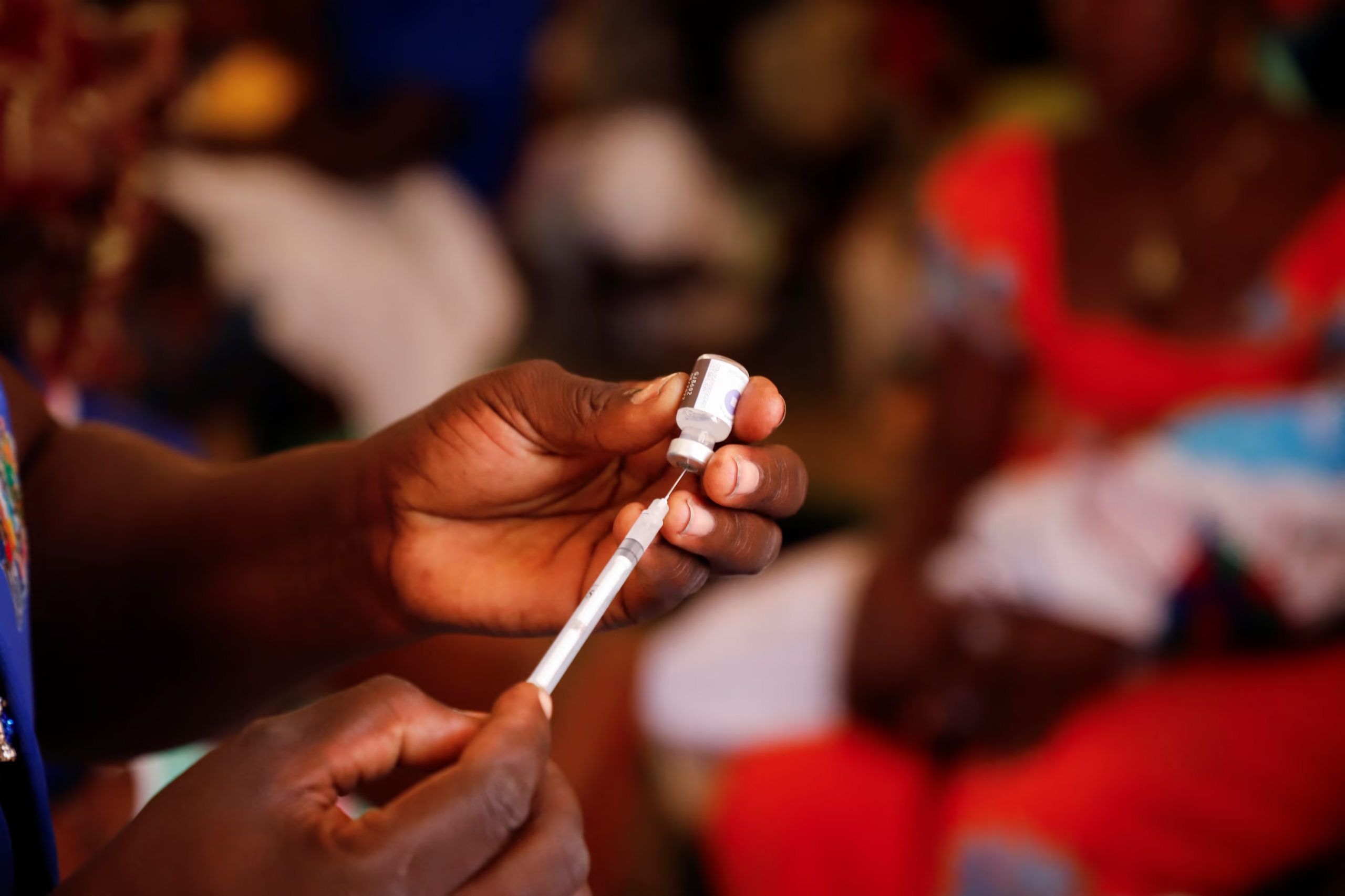
Cotonou, June 23, 2025 — The Beninese Parliamentary Caucus for the Elimination of Malaria has officially adopted its internal regulations and a comprehensive action plan for the 2025–2028 period.
The move marks a renewed institutional commitment to eradicating a disease that continues to weigh heavily on the nation’s health and economic systems.
The session, held at the Golden Tulip Le Diplomate Hotel in Cotonou, brought together lawmakers, health officials, and development partners.
Barthélémy Kassa, First Vice-President of the National Assembly, presided over the event on behalf of Assembly President Louis Gbèhounou Vlavonou. The Minister of Health, Benjamin Hounkpatin, represented the government.
According to Constant Nahum, coordinator of the Parliamentary Network for the Elimination of Malaria, the primary goals of the meeting included reviewing Benin’s current malaria burden, assessing resource allocation, and identifying gaps in areas such as community health, insurance coverage through the ARCH system, and vaccine distribution.
The initiative also aims to mobilize financing, especially from the private sector.
Fara Ndiaye, Executive Director of Speak Up Africa, highlighted the urgency of action.
“Benin is one of the twenty countries that together account for more than 85% of the global malaria burden,” she said.
Ndiaye praised national reforms, including the 2023 establishment of the Zero Malaria Fund and a 130% increase in the national malaria budget in 2022.
She also underscored the crucial role of parliamentarians in budget oversight and policy adoption.
Dr. Konan Kouame Jean, WHO representative in Benin, welcomed the caucus’ formation, noting that MPs play a vital role in ensuring sustainable resource allocation, promoting transparency, and engaging communities.
Minister Hounkpatin called the launch of the parliamentary body a significant step forward. He cited World Health Organization figures indicating 263 million malaria cases globally in 2024, resulting in 590,000 deaths—95% of them in Africa.
He stressed that malaria continues to cause widespread absenteeism, reduced productivity, pressure on health infrastructure, and school dropouts in Benin.
In his closing remarks, Vice President Kassa emphasized the duty of elected officials to lead by example. “Parliament is committed to sustaining national efforts through strong advocacy, continuous policy evaluation, and collaboration with partners,” he stated.
The Parliamentary Caucus plans to implement its action plan through legislation, awareness campaigns, and stakeholder engagement, strengthening Benin’s national fight against malaria.



